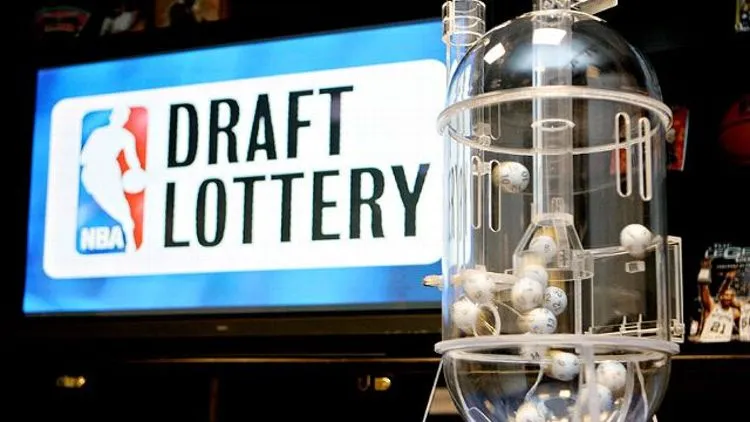
Photo Caption: Yahoo Sports
The term CTE is now common in the sports world. In was brought to the attention of many of us after the NFL players started to be diagnosed. The only tough aspect about CTE is that fact it cannot be seen on a human brain until after the person has passed away. We have seen players in all sports retire early if he or she has concussion issues. Concussions are one aspect that is the leading cause of CTE. Many people are now looking at soccer and players that could suffer from CTE later in their lives. One of those teams in the United States Women National team. Many players have said they would donate their brains after they passed away. This is to show that women’s soccer can be a tough sport to play. To me, it is a big step for women’s sports.
One of those players on the team is a great one in Abby Wambach. Wambach did not have concussion problems in her career. She only suffered one concussion. It occurred in April 2013 just two short months before she broke Mia Hamm’s goal record which she held for most goals scored by a man or women soccer player. After suffering the concussion, she said she had long gaps in memory and it felt like “I was dying.” Many players that have passed away and been diagnosed with CTE said that they had major gaps in memory. After the concussion, Wambach started to look to educate herself on head trauma. She also adjusted her game in not heading balls as much as she did. This was, of course, to make sure she did not suffer a second concussion. Wambach will be joined by many of her peers.
The others are Michelle Akers, Brandi Chastain, Cindy Parlow Cone, Brianna Scurry, and Megan Rapinoe. Akers is a legend for team USA. She was on the team that won the World Cup in 1996. That team also included Brandi Chastain and Brianna Scurry. Chastain had the biggest goal when she scored the winning goal in a shootout. Many gave her trouble because she removed her shirt during the celebration. Scurry made a huge save during the same shootout. Akers was considered the first women’s superstar for the USA. She does not know how many concussions she has suffered. During most of her playing days, concussions were not monitored as closely as they are today. Brandi Chastain is the same as she said when she suffered a concussion, they told her to go right back out there. She also does not know how many times she suffered her bell being rung.
Cone had a concussion end her 10-year career in 2004. All these women want to show that you do not have to be male to suffer head trauma. I agree that science and society need to stop just saying that CTE effects just male athletes. Many probably would not consider soccer to be a sport that concussions would be rampant. Many that have not played the sport do not know how fast the ball moves and when the player tries to head the ball, they are taking all that impact to their head. I have never played the game but I could see why there are more eyes on it for head trauma. Let us see how many athletes test positive for CTE after they have left the world. I think the number might surprise us all.
Author Profile

-
Bradley Walker serves as the Director of Operations for NGSC Sports, bringing extensive experience across collegiate, professional, and amateur athletics. His coverage spans USF Athletics, including football, baseball, lacrosse, and softball, as well as University of Tampa baseball.
Bradley also provides coverage of minor league baseball with the Clearwater Threshers and Major League Baseball with the Tampa Bay Rays. On the national stage, he covers college football bowl games and conference championship matchups, along with premier golf events across the PGA Tour, LIV Golf, and LPGA Tour.
In addition to his reporting work, Bradley is the play-by-play announcer for Pinellas Park High School Patriots football, lending his voice and insight to Friday night lights.
He is also an active podcast host and contributor, serving as a co-host on the P&W Sports Report and hosting The Walker Report, where he delivers in-depth sports analysis, interviews, and coverage across multiple levels of competition.
Latest entries
 BaseballFebruary 26, 2026Tampa Spartans Baseball: Domination Continues Despite Taking First Loss
BaseballFebruary 26, 2026Tampa Spartans Baseball: Domination Continues Despite Taking First Loss Beach VolleyballFebruary 21, 2026USF Athletics Adds a New Beach Volleyball Complex
Beach VolleyballFebruary 21, 2026USF Athletics Adds a New Beach Volleyball Complex AAC BasbeallFebruary 20, 2026USF Notes: Lacrosse, Softball, and Baseball Roundup
AAC BasbeallFebruary 20, 2026USF Notes: Lacrosse, Softball, and Baseball Roundup BaseballFebruary 19, 2026UT Spartans Continue Hot Start With Sweep of Post Eagles
BaseballFebruary 19, 2026UT Spartans Continue Hot Start With Sweep of Post Eagles









[…] to reduce the risk of collisions and repetitive blows to the brain. This makes sense, as many athletes with chronic traumatic encephalopathy (CTE) say they are unaware of the dangers and unwilling to make a change unless mandated by […]